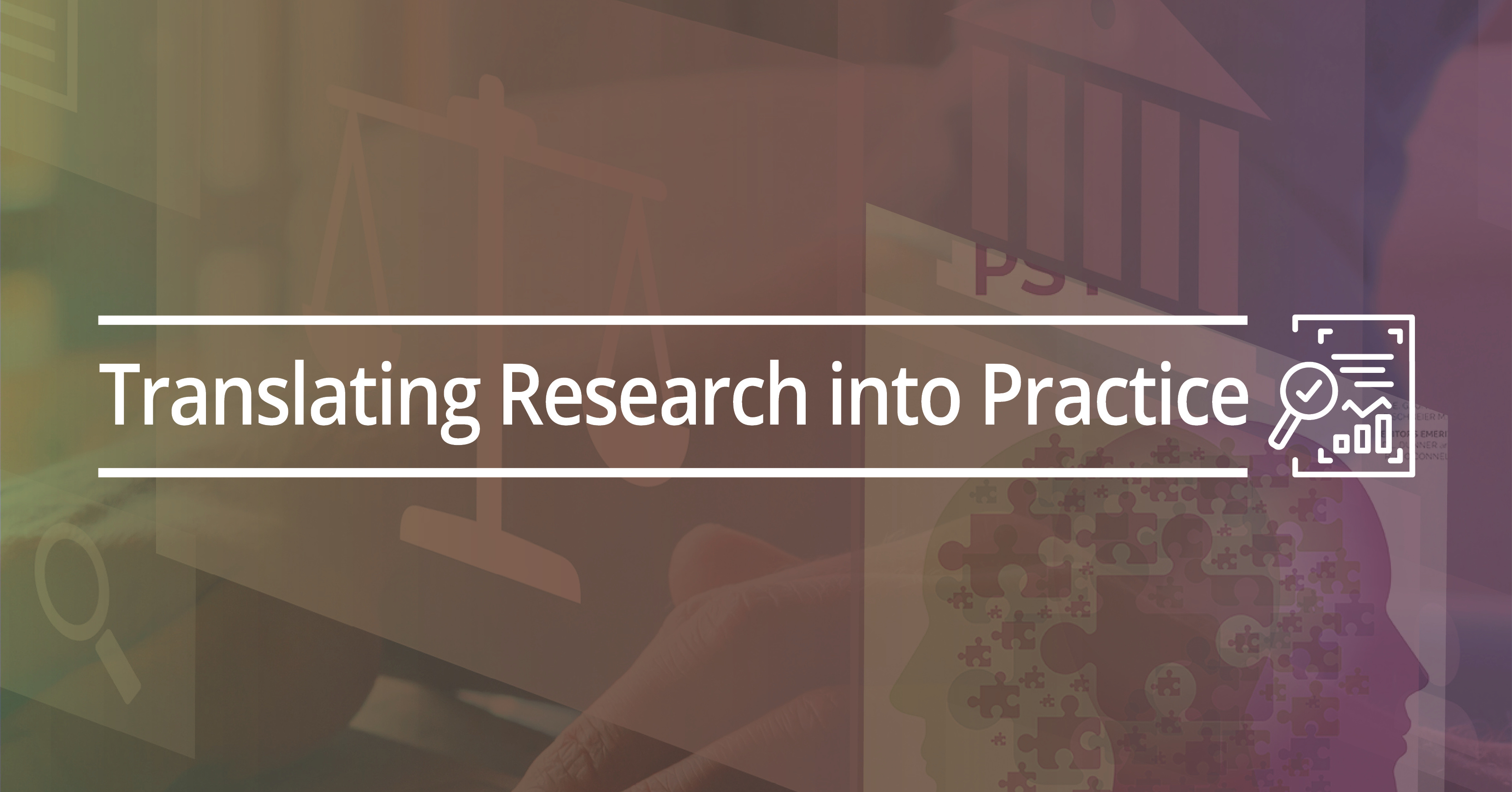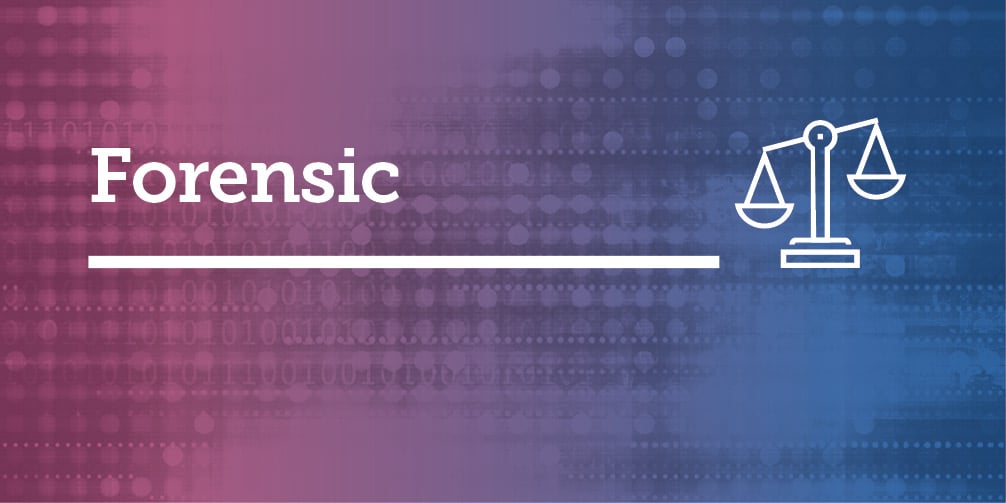Featured Article
Article Title
Psychotherapies and digital interventions for OCD in adults: What do we know, what do we need still to explore?
Authors
David Castle- Centre for Addiction and Mental Health, Department of Psychiatry, University of Toronto, Toronto, Ontario, Canada
Jamie Feusner- Department of Psychiatry, University of Toronto, Centre for Addiction and Mental Health Toronto, Ontario, Canada
Judith M. Laposa - Department of Psychiatry, University of Toronto, Campbell Family Mental Health Research Institute, Center for Addiction and Mental Health, Toronto, Ontario, Canada
Peggy M.A. Richter - Department of Psychiatry, University of Toronto, Frederick W Thompson Anxiety Disorders Centre, Sunnybrook Health Sciences Centre Toronto, Ontario, Canada
Rahat Hossain - Department of Psychiatry, University of Toronto, Toronto, Ontario, Canada
Ana Lusicic - Centre for Addiction and Mental Health, Department of Psychiatry, University of Toronto, Toronto, Ontario, Canada
Lynne M. Drummond - Service for OCD/ BDD, South-West London and St George's NHS Trust, London, United Kingdom
Abstract
Background: Despite significant advances in the understanding and treatment of obsessive-compulsive disorder (OCD), current treatment options are limited in terms of efficacy for symptom remission. Thus, assessing the potential role of iterative or alternate psychotherapies is important. Also, the potential role of digital technologies to enhance the accessibility of these therapies, should not be underestimated. We also need to embrace the idea of a more personalized treatment choice, being cognisant of clinical, genetic, and neuroimaging predictors of treatment response. Procedures: Non-systematic review of current literature on emerging psychological and digital therapies for OCD, as well as of potential biomarkers of treatment response. Findings: A number of ‘third wave’ therapies (e.g., Acceptance and Commitment Therapy, Mindfulness-Based Cognitive Therapy) have an emerging and encouraging evidence base in OCD. Other approaches entail the employment of elements of other psychotherapies, such as Dialectical Behaviour Therapy or trauma-focussed therapies, such as Eye Movement Desensitisation and Reprocessing and Imagery Rescripting Narrative Therapy. Further strategies include Danger Ideation Reduction Therapy and Habit Reversal. For these latter approaches, large-scale randomized controlled trials are largely lacking, and the precise role of these therapies in treating people with OCD remains to be clarified. A concentrated 4-day program (the Bergen program) has shown promising short- and long-term results. Exercise, music, and art therapy have not been adequately tested in people with OCD but may have an adjunctive role. Digital technologies are being actively investigated for enhancing the reach and efficacy of psychological therapies for OCD. Biomarkers, including genetic and neuroimaging, are starting to point to a future with more ‘personalised medicine informed’ treatment strategizing for OCD. Conclusions: There are a number of potential psychological options for the treatment of people with OCD who do not respond adequately to exposure/response prevention or cognitive behaviour therapy. Adjunctive exercise, music, and art therapy might be useful, albeit the evidence base for these is very small. Consideration should be given to different ways of delivering such interventions, including group-based, concentrated, inpatient, or with outreach, where appropriate. Digital technologies are an emerging field with a number of potential applications for aiding the treatment of OCD. Biomarkers for treatment response determination have much potential capacity and deserve further empirical testing.
Keywords
Obsessive-compulsive disorder; Treatment; Psychological interventions; Digital technologies; Biomarkers
Summary of Research
"There is widespread consensus that Exposure and Response Prevention (ERP) and Cognitive Behaviour Therapy (CBT) are first line treatments for OCD…When performing ERP, individuals with OCD purposely and repeatedly trigger their obsession, and then resist engaging in their compulsion/avoidance/safety behaviour. ERP leads to habituation of a learned anxiety response, and tests out whether the feared consequences happen or not, leading to a decrease in anxiety, reduction of compulsive behaviour, and changes in fear-based interpretations of the obsession…" (p. 2).
"...Studies suggest that [Acceptance and Commitment Therapy] ACT can decrease OCD and related symptoms…However, ACT has not been shown to be superior to other first line treatments for OCD, and as such may be complementary to, as opposed to a replacement for, CBT/ERP/CT for OCD…Taken together, although outcomes from RCTs have been mixed, [Mindfulness Based Cognitive Therapy] MBCT may be a helpful secondary treatment for residual symptoms following CBT/ERP for OCD" (p. 3).
"Metacognitive therapy (MCT)... targets the so-called ‘cognitive attentional syndrome’, or CAS, positing that perseverative ways of thinking (e.g., worry, rumination, avoidance) are unhelpfully adopted to ameliorate distressing thoughts and feelings, but serve to maintain symptoms of anxiety and depression…A subsequent pilot RCT (N = 37) compared MCT to ERP in a 14 week outpatient trial. Both treatments were effective in reducing OCD symptoms, with no significant difference between them apart from therapist time, which was lower for MCT than ERP" (p. 3- 4).
"Danger Ideation Reduction Therapy (DIRT) is a form of therapy using Rational Emotive Behaviour Therapy (REBT)... REBT itself has been shown to have some possible therapeutic effects in OCD, but the benefits of including cognitive reattribution in addition to ERP for patients with OCD has been widely debated. … The important feature of DIRT that differentiates it from ERP, is that it does not entail any form of exposure in real life, via imagery or on screen…whereas ERP remains the treatment of choice for compulsive washing/cleaning behaviour, DIRT represents a viable alternative… although the evidence-base is very small, DIRT may be an option for those OCD patients with contamination fears, who fail to respond to ERP or who have poor insight… components of the DIRT programme have been used to encourage those with chronic, refractory OCD with contamination fears to engage in ERP" (p. 4).
"...Traumatic life events are not uncommonly reported by people with OCD. These events can be associated with intrusive, disturbing mental imagery. This phenomenon opens up a novel avenue for therapeutics, namely employing imagery rescripting (ImRs). ImRs involves the recognition of past events that intrude unhelpfully on the present, and teaches people to ‘re-imagine’ the traumatic sequence into a more desired and ‘safer’ narrative… ImRs has mostly been used for treating PTSD, but has also been trialed in people with OCD who have a trauma history and have not responded adequately to ERP… ImRs appears to have applicability in people with OCD who have a trauma history and associated intrusive imagery that feeds their OCD symptomatology. It has an augmenting role rather than being a standalone psychological therapy, mostly having been deployed after ERP" (p. 5).
"Given that OCD is often associated with substantial distress and associated autonomic arousal…studies have assessed efficacy of Stress Anxiety Management Therapy (SAMT) and Progressive Muscle Relaxation (PMR)... finding neither as effective as ERP/CBT… attempts to enhance engagement and outcomes for in OCD have utilized Motivational Interviewing (MI) as an adjunct to ERP, and Cognitive Remediation Therapy (CRT) but to date outcomes have been disappointing and such approaches cannot be recommended without further positive evidence for efficacy and cost effectiveness…
Individual ERP/CBT for OCD delivered on an outpatient basis is the most common mode of delivery, but other approaches have been explored. Group CBT for OCD has demonstrated positive signals for retaining efficacy while introducing some efficiency in cost… No differences were found between group and individual CBT across 12-months of follow-up…
Access to treatment for OCD among people who are low income or marginalized is limited… One strategy to try to address this gap is home- and community-based outreach programs… However, treatment gains tend to fluctuate and are not consistently maintained over time… both behavioural therapy teams and home-based ERP encounter discomfort and sometimes rejection from participants, due to the fear of feeling awkward or the risk of ‘contamination’ by the therapist at home" (p. 6).
"In terms of efficacy, remote ERP has been demonstrated in a meta-analysis to significantly improve OCD symptoms. Individual studies of remote therapist-guided treatments, delivered in real-time by phone or video, show similar, large effect sizes to controlled studies of in-person treatment… Further, the effectiveness of remote ERP in a real-world clinical sample was demonstrated in a large retrospective observational study of 3552 adults with OCD… In sum, there is strong evidence for the efficacy of remote therapist-guided CBT or ERP for OCD, with comparable results to in-person treatment… Other types of technology-based interventions hold promise but have not yet been established in multiple, large studies" (p. 8- 9).
Translating Research into Practice
App tools for exposure exercises and response prevention:
"There are multiple available apps for mobile devices designed to enhance ERP treatment such as facilitating exposure exercises and/or resisting compulsions. One of the major challenges of studying the efficacy (and safety) of app-based tools is the necessity for them to be updated relatively frequently to address bugs and improve the user interface including updating the aesthetics to keep up with general trends. One, at least partial, solution to this is frequently-updated databases and reviews of mental health apps, such as those provided by the nonprofit project One Mind Psyberguide" (p. 8).
Virtual reality tools for OCD treatment:
"...There are early indications that VR might be useful for enhancing ERP/CBT in certain situations and for certain patients, but the practicality may be limited. Controlled clinical trials demonstrating efficacy above and beyond in vivo or traditional imaginal exposures are needed" (p. 9).
Applying technology to psychological therapy:
"Consideration should be given to different ways of delivering psychological therapies, including group-based, concentrated, inpatient, or with outreach, where appropriate. Digital technologies are part of an emerging field with a number of potential applications for aiding the treatment of OCD" (p. 11).
Other Interesting Tidbits for Researchers and Clinicians
"CBT and ERP, while considered first-line treatments for OCD, are not universally accessible. There is a limited supply of specialty-trained therapists, there are cost barriers for many, and it is less available in certain geographical areas…To meet these challenges, in the past two decades there has been a rise in treatment delivered remotely. Further, with the global COVID-19 pandemic, many mental health treatments that were once in person have converted to remote delivery to reduce infectious risk… technology-based self-help tools may have individual elements that have been empirically validated such as psychoeducation and ERP" (p. 7- 8).
Additional Resources/Programs
As always, please feel free to check out the resources below and comment to add more to the discussion!































